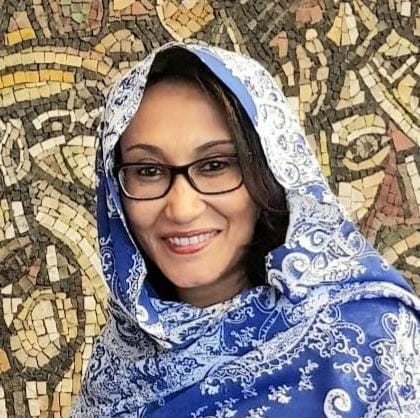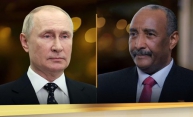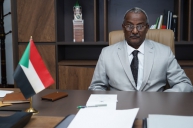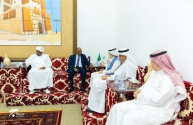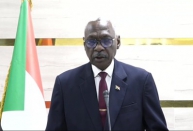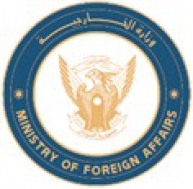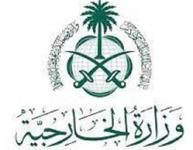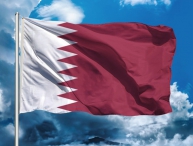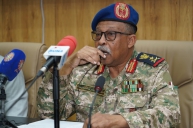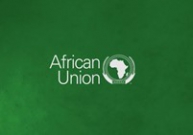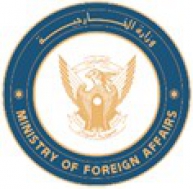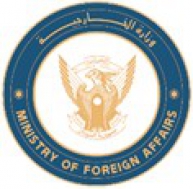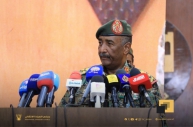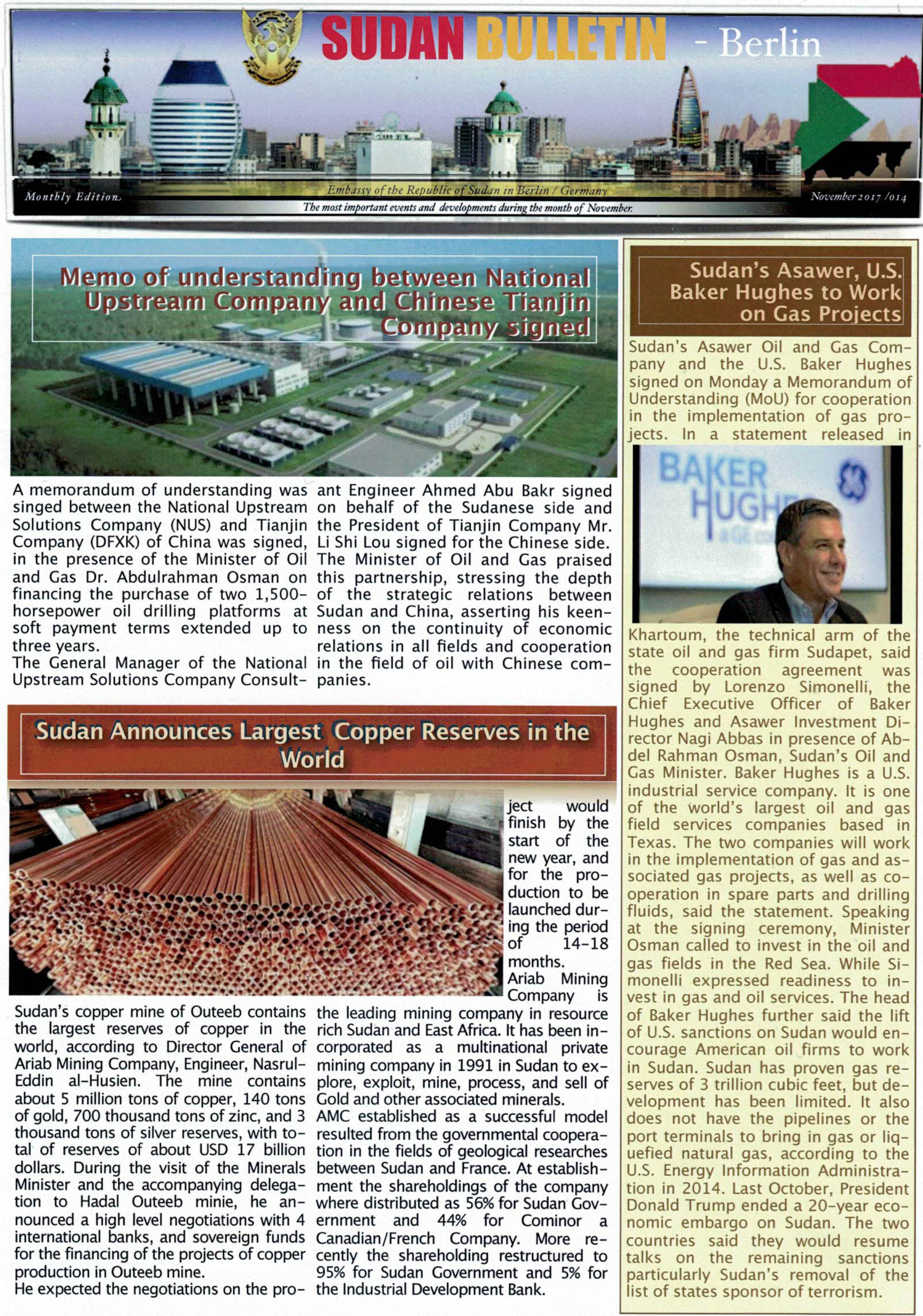Embassy of the Republic of the Sudan in Berlin
سفارة جمهورية السودان ببرلين
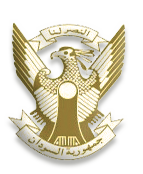
National Conference for Transitional Justice Concludes Sitting and Issues Declaration of Principles
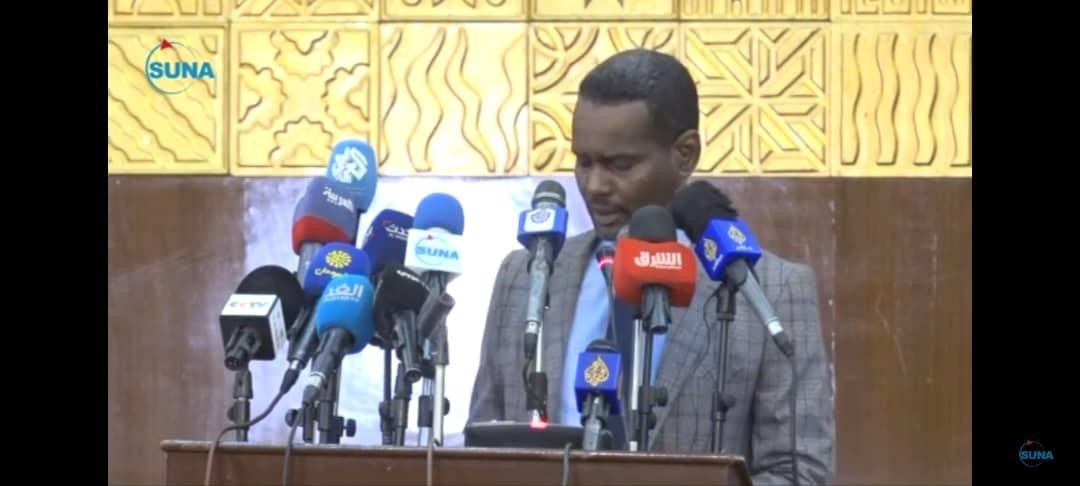
The National Conference: Towards Building a Sudanese Model for Transitional Justice concluded sittings on Monday at the Friendship Hall and issued its final statement.
The conference affirmed that justice is one of the main elements needed to reach a final political agreement, indicating that the framework agreement stipulates that: (The issue of justice and transitional justice is an issue that requires the participation of stake-holders and the families of martyrs and includes all those affected by human rights violations since 1989 until now), and given that transitional justice includes accountability for all the violations that occurred in the past and require redress for the victims, reparation for their harm, revealing the truth and preserving memory, leading to societal reconciliation for a better future.
The final statement issued by the conference has pointed to the “Concept Paper” presented at the National Conference, which aims to build a Sudanese model for transitional justice in accordance with broad consultations that took place with stake-holders in accordance with international standards and the involvement of victims in the transitional justice options and taking into account their aspirations for justice and equity.
The final statement has pointed to the organization of a series of meetings and broad consultations that provided an opportunity for victims and other stake-holders to express their opinions on these issues in the capital and the states, and then held regional workshops that included the states of Darfur, Kordofan, the central states, Khartoum, the Blue Nile and Sennar, and the panels of discussions for the Northern and Eastern regions, which were organized by the Civil Alliance for Justice Transitional Council, which includes more than 30 organizations working in the field of transitional justice, appreciating the determination, will and keenness of the stake-holders to participate despite the difficulties and challenges that faced the implementation of the regional workshops.
The statement indicated that the National Conference: Towards Building a Sudanese Model for Transitional Justice was held at the invitation of the tripartite mechanism (the United Nations, the African Union and the IGAD) and the Higher National Committee for Transitional Justice (the Civil Coalition for Transitional Justice, national experts and the signatories of the framework agreement) during the period March 16 – 20, 2023. In the Friendship Hall in Khartoum to formulate the basic principles for building a Sudanese model of justice and transitional justice that defines the items of the final agreement on transitional justice, and defines priorities, programs, the future policies and a road-map that the next transitional government should work on and complete the consultations that the Transitional Justice Commission will conduct.
According to the final statement, 800 participants from all the states of Sudan have participated in the conference: representatives of the forces that signed the framework agreement, the political forces that did not sign the framework agreement, the civil society organizations working in the field of transitional justice, the resistance committees, the trade unions and professional management committees, lawyers, the women groups and alliances, writers, thinkers and intellectuals, demand groups, the displaced people, the nomads, settled societies, farmers, the native administration, victims and their families of the war in Darfur and South Kordofan and the Nuba Mountains and Blue Nile, families of the martyrs of September 13, families of the martyrs of Ramadan 28, victims of Al-Ailafoun incident, Hameshkoraib , Merowe, and South Tokar, and the families of the martyrs of the December Revolution and the dispersal of the sit-in, the families of the events of January 29, Port-Sudan, October 15, Kassala, Kajbar Dam, the families of the martyrs and the wounded in the demonstrations before and after the coup, the victims of sexual violence and the violence against women, the victims of torture and political detention, the arbitrarily dismissed persons, the families of the missing persons, and others.
The final statement pointed out that 16 working papers were presented at the National Conference, dealing with issues of transitional justice, explaining that these papers were presented by a group of Sudanese, regional and international experts and experts.
The final statement said that the sitting of the conference reviewed the reparations Issues and the Institutional Reforms,
Gender issues and transitional justice the women's involvement and coverage of gender-specific violations in the transitional justice, the importance of criminal accountability and the challenge in this regard.
According to the final statement the eighth sitting of the National Conference has discussed the issue of:
1/ How to respond to the needs of victims: reparation and recovery
2/ Establishing and acknowledging the truth about the past.
3/How to prevent further violations: reforms and other measures.
4/ Accountability for past crimes
5/ Gender Crimes and Women's Access to Justice: What are the Needs?
6/ Community and national reconciliation.
7/Transitional justice in the Juba Peace Agreement.
According to the final statement, the ninth sitting witnessed a discussion of the recommendations of the conference meetings, which were approved by the participants.
The final statement stressed that “after reviewing the results and recommendations of the regional workshops and the panels of discussions, the results of the complementary consultations and the resulting recommendations and results and after in-depth discussions of the papers, theoretical contributions and similar experiences that were presented in the plenary sessions of the conference, and after the written contributions that were sent to the conference, and after the dialogues that took place within the framework of the seven working groups, the National Conference decided to launch the Declaration of Principles of Transitional Justice as a guideline in drafting the final agreement and the constitution. The conference's recommendations also represent the basis for the process of preparing and drafting a transitional justice law and a transitional justice road map for the next civilian government.”
Declaration of Principles
Strict adherence to the goals of transitional justice represented in ending the culture of impunity and the rule of law, stopping human rights violations, building trust between societies and the state, restoring dignity to victims and their families, reparations, and reforming state institutions, justice agencies, and security and military agencies. Commitment to transitional justice standards stemming from international human rights law and related laws and agreements, and from broad consultations to know the views and needs of stakeholders, and from full knowledge of the cultures and customs of Sudanese society, and from the realism of the transitional justice process, and from the development and issuance of the transitional justice law according to wide consultations with stakeholders
2/ The ideal means for democratic transformation, political stability, and the rule of law lies in the availability of political will, societal acceptance, legislative and judicial measures, and an active role of civil society towards turning the pages of the past through holding human rights violators accountable and putting in place measures to achieve justice, accountability, fairness, revealing the truth, reparation the damage, and creating a climate so that crimes do not recur. In the future, until a comprehensive reconciliation is achieved on the basis of non-impunity, fairness and justice.
3/ Formation of a civil, democratic government that is committed to the goals of the glorious December Revolution, and has a clear political will and strategy to implement justice and transitional justice, and is committed to caring for the families of martyrs and all victims of human rights violations throughout the country, treating the wounded and injured, lifting injustice and redressing the harm that occurred to the victims of war crimes and crimes against humanity.
The commitment of political parties to the results of stake-holder consultations on transitional justice, promotion of its concepts, urgency in forming its mechanisms, and taking serious political steps by agreeing on a road-map and a national strategy to implement transitional justice on all grave violations committed throughout Sudan as a political commitment, with the need to involve stakeholders and families of victims in the process. Develop a transitional justice approach, policy, and plan according to a clear vision to implement transitional justice in Sudan and prevent criminals from becoming part of any democratic political process in the future.
5/ Immediate cessation of all forms of violations to which Sudanese women are exposed, such as violence, torture, rape, humiliation, forced marriage and structural discrimination, and to remove these violations that occurred against women and expediting the establishment of the Women’s Commission, provided that its relationship with the Transitional Justice Commission is determined, and its participation in commissions of inquiry and detection of violations, taking into account the privacy of cases related to women and referring cases of rape and violence against women to justice instead of bargaining.
The establishment of an independent Transitional Justice Commission with broad powers that operates with complete independence and in isolation from the executive and sovereign apparatus, provided that the criteria for selecting the membership of the Commission are included in accordance with the Transitional Justice Law and the adoption of a Sudanese model stemming from a common vision of victims, civil society and political actors, provided that the law defines the forms and levels of transitional justice From special courts, customary justice and other means of justice, including international criminal justice, taking into account the principles of integrating mechanisms and committees for justice and reconciliation to uncover the truth, documents and graves, confess crimes, apologize for them, pardon, purify public life and build a new social contract among the Sudanese people.
7/ issuing a transitional justice law with the participation of all stake-holders through public consultations, especially since the grave violations committed in Sudan require the opinion of the victims of these violations in the first place.
8/ The transitional justice processes are integrated and continuous processes that include trials of criminals, compensation, rehabilitation of victims, restructuring of justice institutions, legal reform, security and military reform, memorialization to preserve national memory, preventing crimes from recurring again, non-impunity according to judicial prosecution initiatives, and adding more transparency in all the transitional justice processes, rejecting and criminalizing racism and hate speech.
9/ The state's recognition of past gross violations of human rights across historical eras and an official apology for them to establish a political will for national reconciliation.
10/ No amnesty will be granted in violation of the principles and standards of the International Law, including the war crimes, crimes against humanity, the crime of genocide, and gross violations of human rights, nor should an amnesty be granted that affects the right of the victims.
11/ The state should give sufficient attention to the issues of disputes over land ownership that contributed to human rights violations, as well as violations based on racial, ethnic and regional discrimination, and take the necessary measures to stop the violations and not repeat them.
12/ The Crimes of human rights violations do not have a statute of limitations, and the statute of limitations does not apply to the rights of victims to seek redress.
13/ The criminal accountability takes place through national, international and mixed judicial mechanisms, with an emphasis on the importance of full cooperation with the International Criminal Court and compliance with its requests to extradite wanted persons.
14/ The necessity of adopting a national program for transitional justice centered on victims and their aspirations for justice.
15/ Emphasizing that there will not be impunity and holding accountable for all those who committed crimes or violations of human rights whatever their positions, and that the procedural and substantive immunities are not considered, nor is the pretext of executing orders.
16/ The legal context should include the human rights violations, the violations resulting from state violence, armed and civil disputes, the violations that occur in the
fields of oil exploration, mining, construction of dams, and all violations of economic, social and cultural rights.
The Latest Sudanese News & Press
